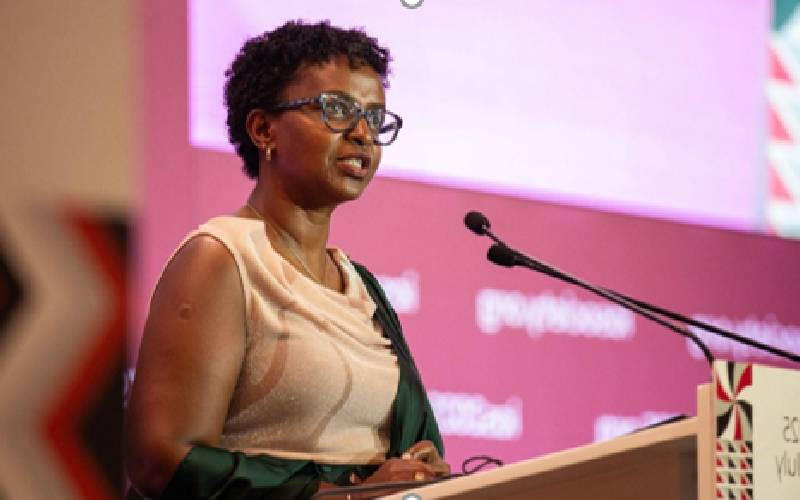For decades, Africa’s role in global HIV research was often reduced to that of a participant rather than a leader. That narrative is changing. African scientists are increasingly designing and steering clinical trials, shaping the research questions that matter most, and redefining the future of vaccine science.
Clinical trials structured studies that test the safety and effectiveness of new medical products are central to medical discovery. With more than half of the world’s 40 million people living with HIV residing in Africa, the continent has become the most critical site for prevention research. Yet, historically, African institutions have received only a fraction of global research funding despite contributing the majority of participants and vital insights.
Recent developments highlight Africa’s growing leadership. Innovative trials such as HVTN 702 in South Africa and the PrEPVacc study across Uganda, Tanzania, Mozambique, and South Africa have been designed and implemented by African research teams. These trials not only achieved ambitious enrollment targets but also pioneered new approaches. PrEPVacc, for instance, is the first trial globally to combine pre-exposure prophylaxis (PrEP) with an HIV vaccine candidate in one design an integrated strategy that reflects real-world prevention needs.
Although some trials, such as HVTN 702, did not deliver the desired vaccine efficacy, they generated invaluable data about population-specific immune responses. This knowledge now informs next-generation vaccine development worldwide. At the same time, African researchers are reframing prevention science, shifting away from fragmented approaches and toward layered, community-centred solutions.
Beyond the science itself, African institutions are pushing for greater ownership of research. Initiatives like the Kigali Call to Action emphasize the importance of strengthening local research capacity, investing in infrastructure, and embedding community-led approaches. Local ownership ensures that innovations are both culturally relevant and more likely to reach those who need them most.
New organizations are already proving the value of this shift. Platforms such as the Centre for Impact, Innovation and Capacity Building for Health Information Systems and Nutrition (CIIC-HIN) and the Platform for Africa Clinical Trials (PACT) are building sustainable models for African-led trials while training the next generation of researchers. Together with continental institutions like Africa CDC, they are laying the groundwork for stronger health security and a resilient innovation ecosystem.
Despite challenges, including global funding cuts, Africa’s message is clear: the continent is not retreating. Instead, it is leading, innovating, and ensuring that vaccine science is shaped by those who live at the heart of the HIV epidemic.

